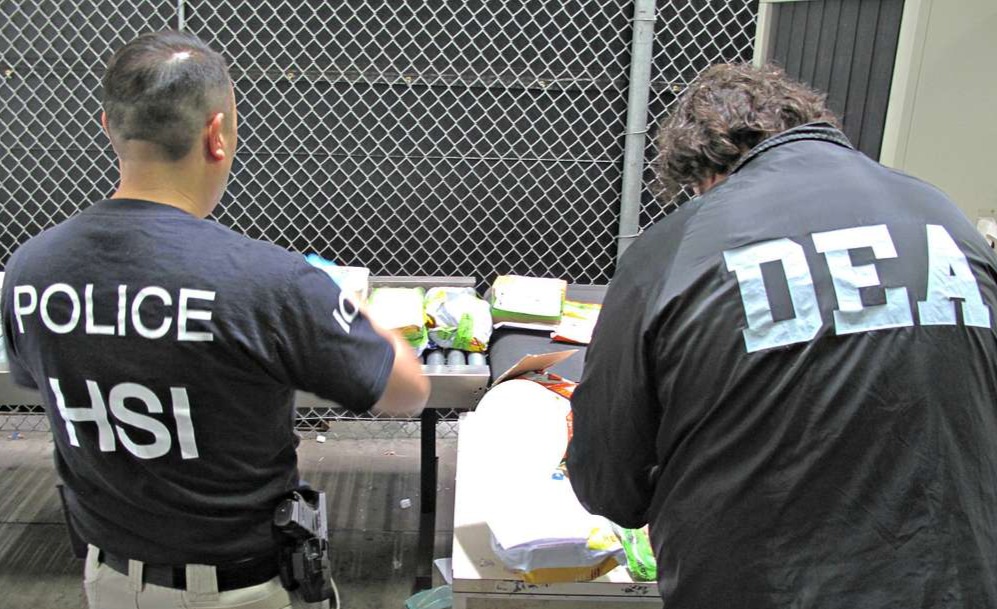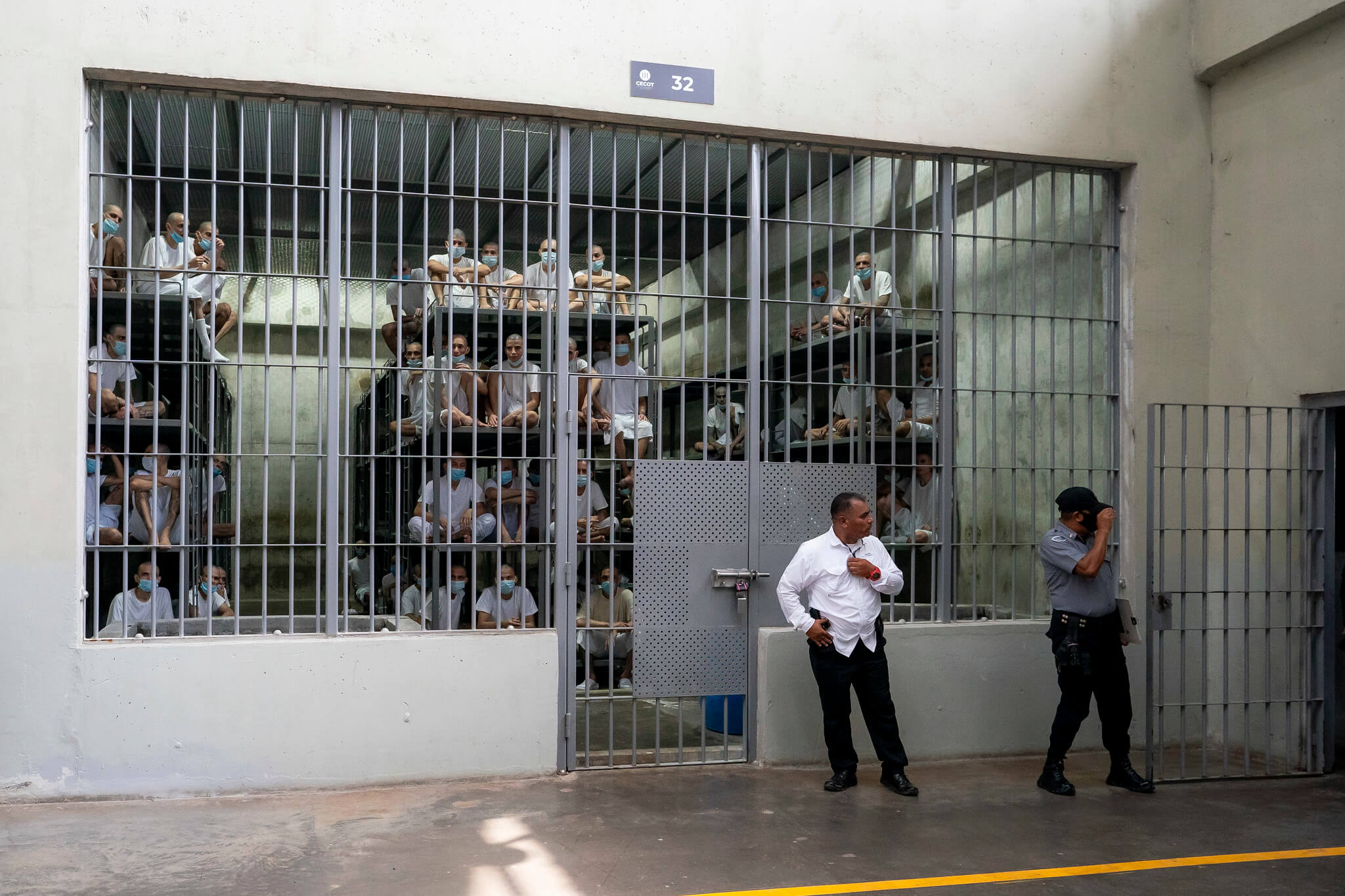Deadlock at the Security Council on Syria: A Legal Perspective
This weekend marked the fifth time that Russia has used its veto power on a United Nations Security Council (UNSC) resolution on Syria since the country’s uprising began on March 15, 2011. The veto blocked a French-introduced resolution that demanded a halt to airstrikes in Aleppo and called for access to humanitarian aid.
This weekend marked the fifth time that Russia has used its veto power on a United Nations Security Council (UNSC) resolution on Syria since the country’s uprising began on March 15, 2011. The veto blocked a French-introduced resolution that demanded a halt to airstrikes in Aleppo and called for access to humanitarian aid. Given Russia’s consistent voting record, its unabashed support for the Assad regime, and the fact that it has contributed to the death of more Syrian civilians over a period of one year than Daesh since April 2013, one can hardly be surprised.
Reacting to the weekend’s veto, a quickly-deteriorating situation in Aleppo that has reached unprecedented levels, and Syrian and Russian crimes that have resulted in the death of well over 400,000 persons and the displacement of more than 14 million Syrians, UN High Commissioner for Human Rights Zeid Ra’ad al Hussein called upon the UNSC to adopt criteria to restrain its members from using their veto power when there are concerns that war crimes, crimes against humanity, or genocide may have been committed.
While Hussein’s calls have no binding effect, they reflect an urgent and pressing need for the UNSC to assess its procedural failures and by extension, its effective-complicity in contributing to the situation in Syria. Reliance on the UNSC in its current formulation appears futile, as egregious human rights violations that likely amount to the most serious internationally-recognized crimes continue to be perpetrated.
The UNSC is made up of 15 members: China, France, Russia, the United Kingdom, and the United States as the five permanent members and ten elected non-permanent members who are chosen per a regional distribution. Under Article 27 of the UN Charter, all decisions of the UNSC on substantive, non-procedural matters must be made by “an affirmative vote of nine members including the concurring vote of the permanent members...” The text of this provision grants the five permanent members an ability to cast a “no” vote (a veto) and to prevent the adoption of any resolution. (If a permanent member abstains instead, the resolution can still be adopted.)
For a proposal like the one put forth by Hussein to succeed, the provisions of the UN Charter would need to be amended. However, as per Articles 108 and 109 of the Charter, the five permanent UNSC members enjoy a veto over any proposed Charter amendments. One would be hard-pressed to conceive of a scenario in which a permanent member would approve of a proposal in which it would be giving up its own powers.
Hussein’s proposal aside, though, a less-explored path remains: this week, the Syrian Coalition announced that it will begin to gather the support of various nations in an effort to invoke the “Uniting for Peace” Resolution in the near future. The “Uniting for Peace” Resolution was adopted by the United Nations General Assembly (UNGA) in 1950 in a move to circumvent the use of the veto by the Soviet Union during the Korean War. The document established that, in cases where the UNSC had failed to exercise its “primary responsibility” to maintain peace, the permanent members of the UNSC could not and should not prevent UNGA from taking any and all action necessary to restore international peace and security instead. The resolution effectively granted UNGA a subsidiary responsibility that could conceivably be relied on in cases where the UNSC had failed to achieve its purpose.
Per “Uniting for Peace,” UNGA can consider the matter at hand in an emergency special session, which can be called through either a request of the majority of UNGA members or through a procedural UNSC vote; unlike a substantive vote as explained above, a procedural vote requires nine UNSC member votes but is not subject to a veto. The ultimate purpose of the UNGA session would be to recommend non-binding collective measures for the matter at hand, which can include, but are not limited to, the implementation of a ceasefire, the use of force, or sanctions.
The “Uniting for Peace” Resolution has been invoked on a number of occasions and has produced a diverse set of results, ranging from the use of force in the case of the Korean War, to a referral of the construction of a wall in Palestine to the International Court of Justice. Although the ICC Statute does not allow for referrals from UNGA, UNGA is empowered to create ad hoc tribunals and could conceivably do so through this process, as argued elsewhere. At present and in the immediate future however, the goals of invoking the “Uniting for Peace” Resolution in the case of Syria are likely to be much narrower and to focus on mechanisms to end Syrian and Russian airstrikes and bombs rather than on long-term accountability.
Ultimately, while an UNGA Resolution does not carry the legal weight of a decision issued by the UNSC, the time has come for the international community to explore creative and lesser-known solutions. The calamity in Syria has uncovered what many legal scholars have long criticized as a set of international institutions and legal constructs that have failed to evolve with the evolving nature of conflict. It is only by reassessing and deconstructing the status quo that we can even begin to produce solutions adequate to addressing the Syrian crisis—a crisis that the international community has shamefully allowed to deteriorate into one of the greatest humanitarian disasters of our time.





